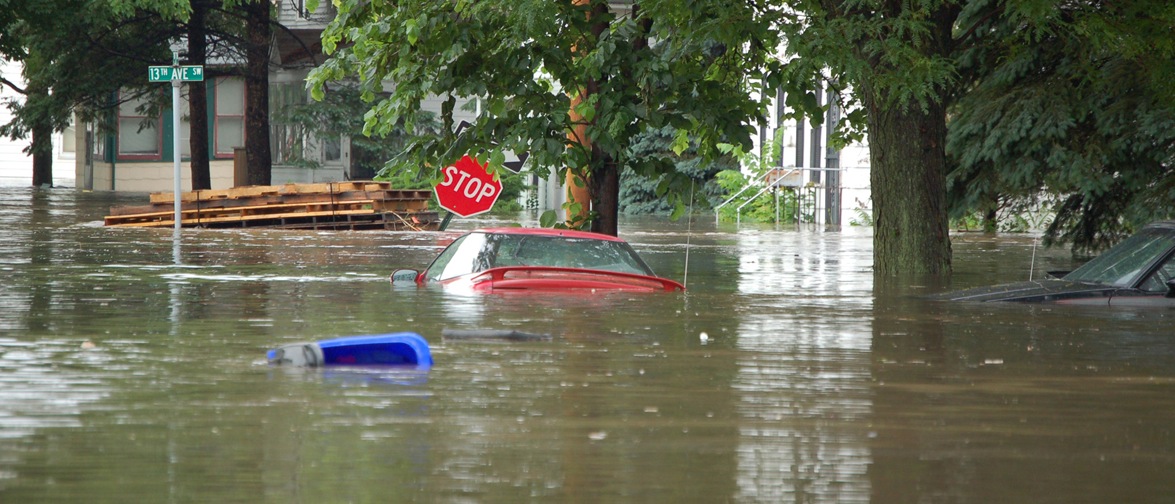The field of economics plays a crucial role in the debate about appropriate policies intended to mitigate climate change. For example, the tools of economics can be used to measure and/or estimate impacts such as the costs of mitigation, the valuation of damages, the role of abatement in lowering damages, design of policy instruments (e.g. taxes vs. permit systems), international agreements on climate policy, risk assessment, questions of distributional ethics, and more.
Starting in Fall 2015, Social Science Matrix is sponsoring the Climate Change Economics Roundtable, which seeks to bring together some of the many faculty, post-docs, and Ph.D. students at Berkeley who are working on economic aspects of climate change. The roundtable is led by Professor David Anthoff, from the Energy and Resources Group, as well as Professor Maximilian Auffhammer, from the Department of Agricultural and Resource Economics and International Area Studies, and Professor Solomon Hsiang, from the Goldman School of Public Policy. The seminar will serve as a meeting ground for researchers from across the UC Berkeley campus, and provide a space for these diverse scholars to share early research drafts, discuss recent literature, consider special topics, and bring in external speakers.
“As many of these researchers work in different units across campus, this Matrix seminar serves as a central hub for all climate economics researchers on campus to meet, exchange ideas, and start new research projects,” the researchers explained in their successful seminar proposal. “The field of climate change economics is by now large and diverse, both in terms of topics as well as methods, and often researchers specialized in one area have little knowledge of the wider research landscape.”
“Climate change is probably one of the quintessential interdisciplinary problems, but even within the narrower field of climate change economics, interdisciplinary work is the norm,” they wrote. “The set of social science methods employed in the field is also large: empirical econometric studies, computable general equilibrium models, integrated assessment models and purely theoretical work. A comprehensive evaluation of climate change policy needs to draw on all these topics and methods.”
The stakes are massive, as climate change is arguably the most important global challenge of 21st century. “The work that we hope to stimulate out of the roundtable has the potential to directly influence future climate policy of both the federal and California government,” the seminar’s organizers explain. “We hope to establish the climate change economics roundtable as a forum well known beyond the Berkeley campus…. The composition of researchers scattered across campus make Berkeley a world leader on this subject, but currently there is no forum or structure to bring this community together in a single collaborative environment."
Image Credit: Flooding in Cedar Rapids, Iowa: U.S. Geologic Survey
